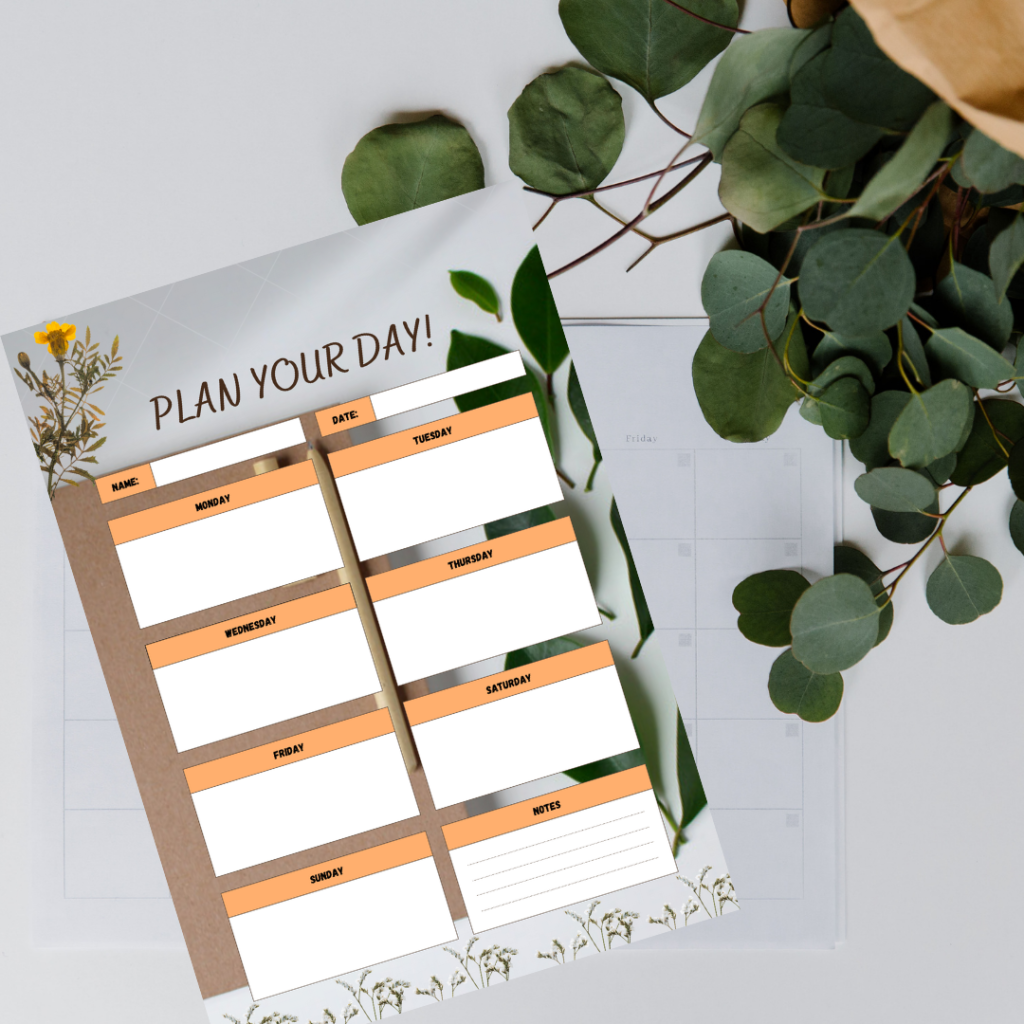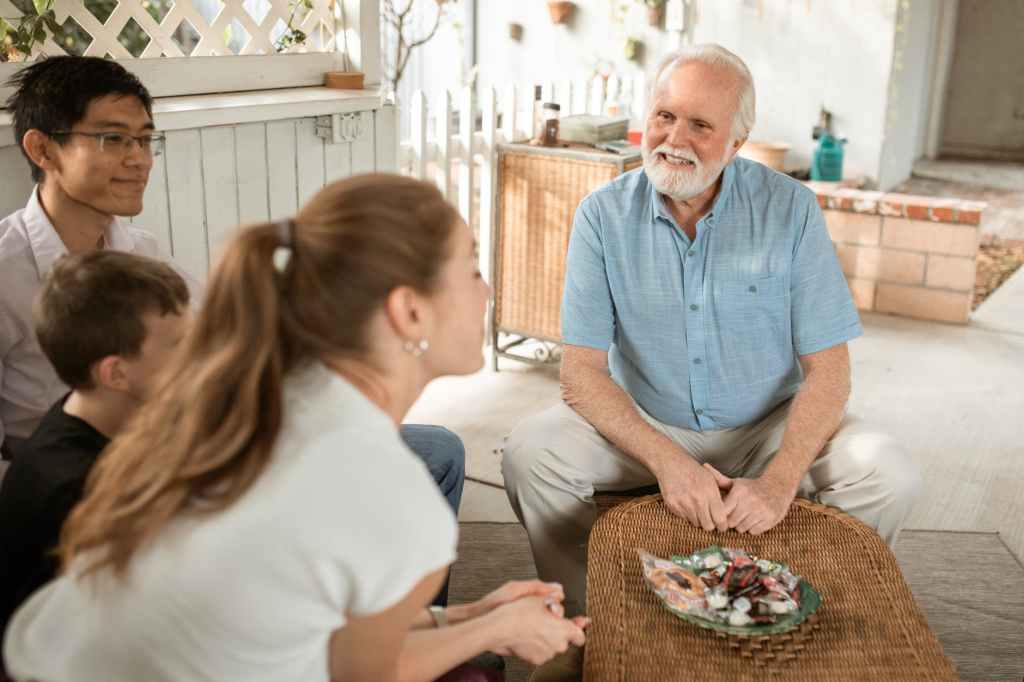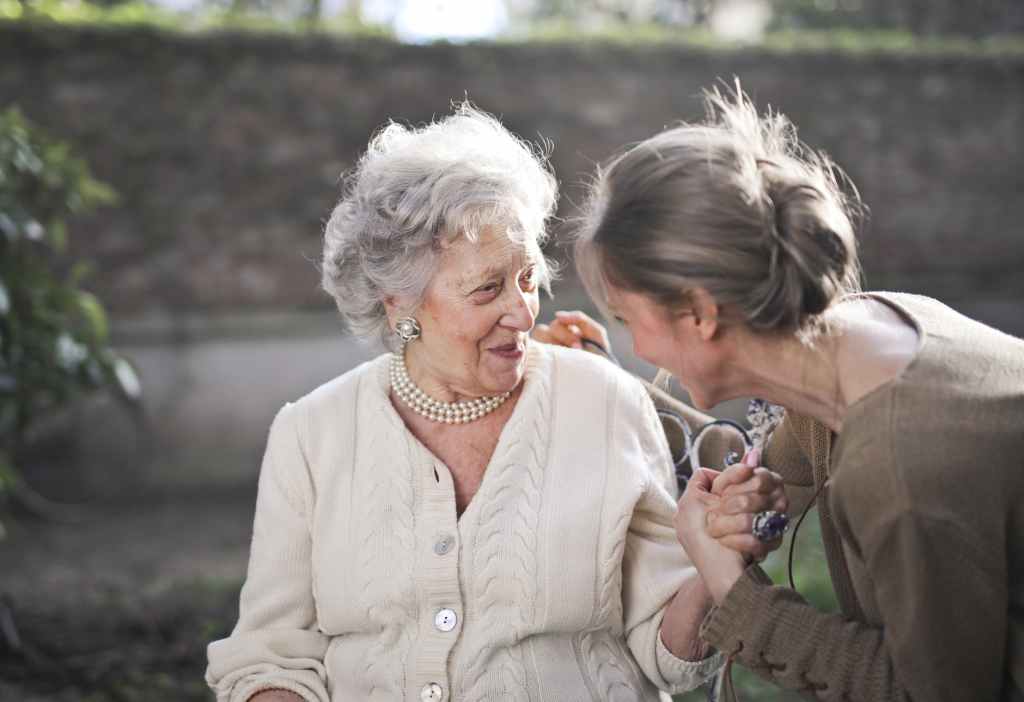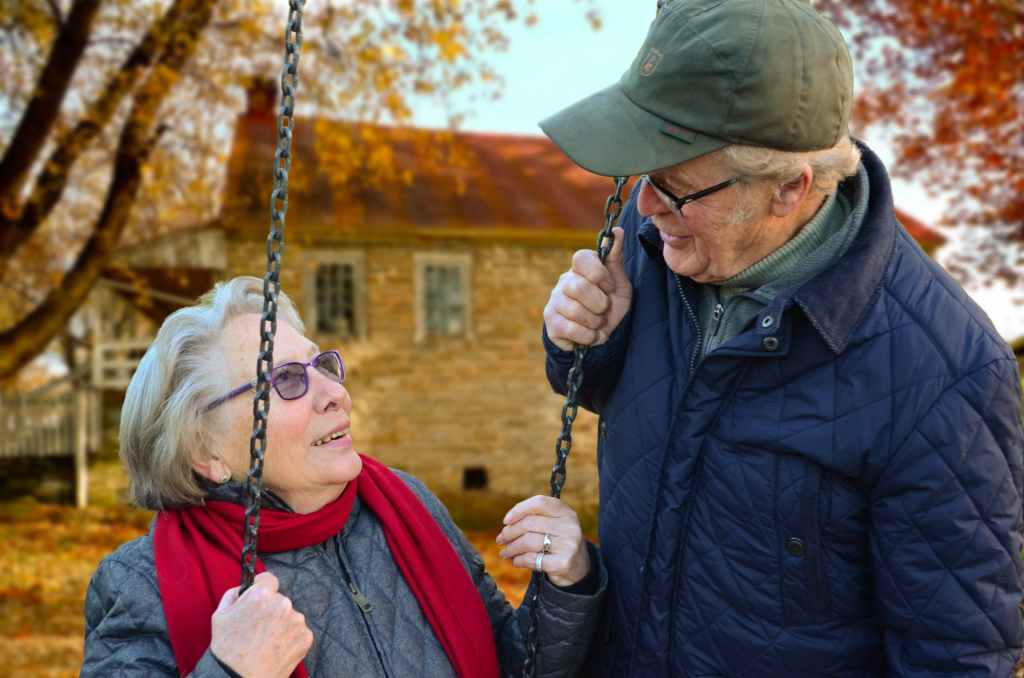Learning is important in life because it is essential to the development of an individual, community, society, organizations, and businesses.
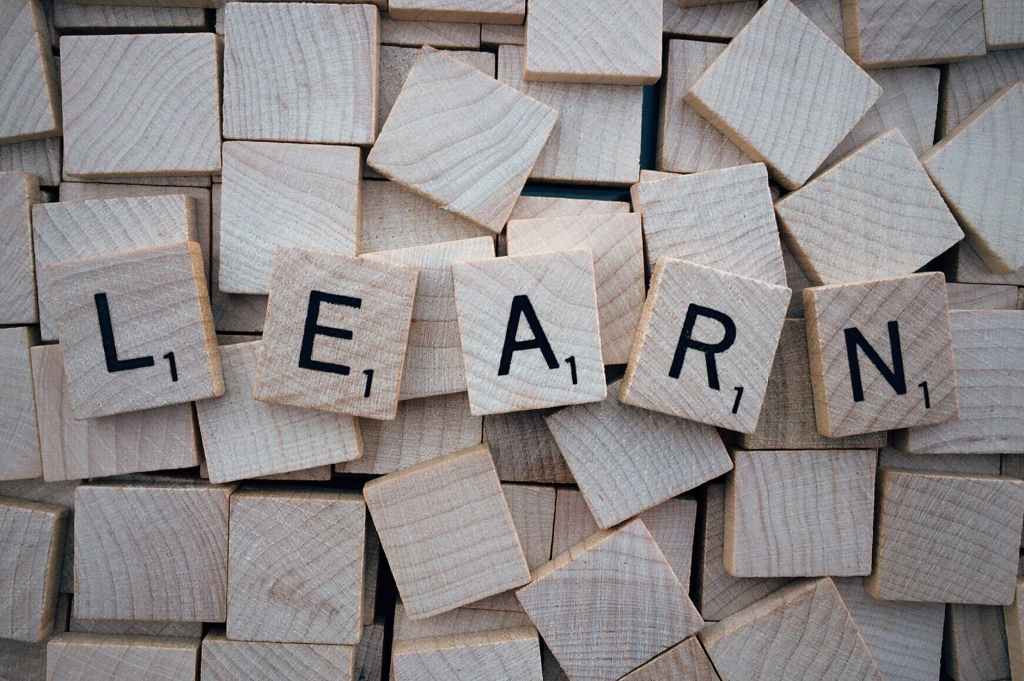
Learning is an important thing to humanity and it is as important as the food that we are giving or taking in into our bodies. Learning is how we gain knowledge, and understanding, building new skills, and values in life. It is something that we can do for ourselves so that we can be able to do something for others. Institutions that are capable of developing and assisting us in improving what we’ve got are also things that we should consider. Learning and education improve and guides us in shaping our attitude and behaviors for the common good.
Learning isn’t a new thing for all of us.
When we were born, we already learned to open our eyes to see the outside environment. We learned to move freely outside our mother’s womb, and we learned to cry out loud to signal that a new life was born. We were that young but we did it ourselves. That’s why there’s no reason that we can’t learn something new!
It is said that the future of education lies in incorporating continuous learning into our day-to-day personal and professional lives.
Learning is a beneficial journey that we should give to ourselves and be able to enjoy throughout our lives. Learning doesn’t only happen when you are enrolled in courses or going through a formal study. There are a lot of ways to bring it into your life. Some people might think that learning is only suitable for young minds, because they are energetic or because some people believe that it’s not already important due to their current status, but it isn’t! People of all ages and whatever status you have in life are still eligible to learn as much as possible.
How learning can improve your overall well-being?
Let’s see what learning can do with our physical, mental, emotional, social, and spiritual well-being.
Physical well-being
- If you know what to eat or you know how to select foods that are beneficial to your health, for sure your body will receive the essential nutrients it needed. It will help you to have stronger bones and muscles, better organ functions, and a good immune system.
- You know how important it is to do physical activities. So, you are more likely to do things that promote physical health. Like brisk walking, gardening, and biking.
Mental well-being
- Learning can boost your self-confidence because you are updated with current trends. You know how to do things the way they should be. And you aren’t feel intimidated because you know something.
- It helps you to avoid mental stress and gives you a greater coping mechanism.
- According to studies, lifelong learning can help maintain better brain function as you age.
- Develops self-dependency, if you are equipped with the knowledge you will learn how to process self-dependency. This will keep you deal better with the challenges of life.
- It helps to sharpen your decision-making and interpersonal skills.
- People who love learning are more able to understand their health needs. Are more likely to follow directions, and instructions. They know how to advocate for others and themselves.
Emotional well-being
- Learning helps you to feel much better. You know how to deal with every situation. Be it during your good days or bad days.
- According to research, those people who are practicing continuous learning or those who are said to be “lifelong learners” are happier on average than those who are not. This is because lifelong learners are developing their interests, skills, and passions which in return brings happiness. Thereby, kicking away boredom in life.
- Helps you manage emotion during times of uncertainty.
Social well-being
- Learning builds connections with other people. You’ve got to meet like-minded individuals.
- It helps you to avoid social stress brought by being shy, and feeling incapable.
- Learning gives a person the skills that are needed to adapt to a new environment or scenarios in life.
- Helps people to become better citizens and contributing citizens of the country.
- It gives you the ability to shape a better society by knowing and respecting the rules and regulations.
- It enhances your ability to speak, communicate, and relate with other people.
- Learning helps us to access resources that can help reduce hardships and stress, thereby improving life.
Spiritual well-being
- Learning builds a sense of purpose.
- Gives hope and direction in your life.
- Learning will help you accomplish your goals in life.
- Allows you to grow into what you want to be, and what you want to achieve.
- People who love learning are more likely to have healthy behaviors and good values in life.
Our learnings in life are the foundation of health and well-being. We need the knowledge to improve ourselves and know what we need to know to be able to have a more satisfying life. The reasons why learning is important for overall well-being are complex and primarily linked to the abilities, skills, and opportunities that we have.
Simple ways of learning that you can give to yourself aside from courses online or studying in institutions:
- Reading books
- Writing journals
- Learning to cook
- Learning how to bake
- Learning to manage and organize your home efficiently.
- Visiting historical places like galleries and museums.
- Taking new roles and responsibilities whether at home or work.
- Subscribing to educational websites.
- Gardening in your backyard
- Involving yourself in community programs.
- Rediscovering old hobbies and interests.
What you learn will help you to realize what you can do or what you need to do. It’s your key to unlocking your potential, and it’s a way to improve your overall well-being.
Thank you so much for reading this post. Hopefully, you found this post helpful, and if it’s helpful to you maybe it will be helpful for others too! Feel free to share it with other people. See you around for the next post!



